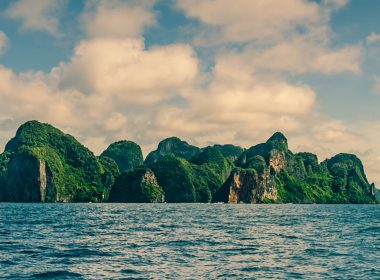Snapshot
- The privilege against self-incrimination is a common law right and not simply a rule of evidence. It is available to anyone subject to questioning in both judicial and non-judicial proceedings.
- However, provisions such as section 353-10 of Schedule 1 of the Taxation Administration Act 1953 specifically abrogate the recipient’s ‘right to silence’ and the privilege against self-incrimination.
- In R v Leach [2018] QCA 131, the Queensland Court of Appeal considered the extent to which information compulsorily obtained under this power can be used and disseminated by the Commissioner.
From the Paradise Papers saga to Glencore, Shell, and the garnishee notices scandal, the Australian Taxation Office (‘ATO’) has been taking a more active role in its administration (‘enforcement’) of the Tax Acts. This begs the question: what information-gathering powers do regulators like the ATO possess? What rights do clients or (indeed solicitors) have when questioned by regulators?
When is it okay to stay silent?
The privilege against self-incrimination is a common law right and not simply a rule of evidence. The uniform Evidence Acts provide statutory protection to resist disclosure of information in a court proceeding, whereas the common law privilege is available to anyone subject to questioning in both judicial and non-judicial proceedings.
The privilege was described by the Full Federal Court in Pyneboard Pty Ltd v Trade Practices Commission (1983) 152 CLR 328 at 27; [1983] HCA 9 (‘Pyneboard‘) as follows: ‘The privilege is that a person (not a company) is not bound to answer any question or produce any document if the answer or the document would expose, or would have a tendency to expose, the person to conviction for a crime’.
The voluntariness rule provides that a person being questioned is entitled to exercise their ‘right to silence’ and the privilege against self-incrimination. These fundamental rights ground a rule of evidence requiring the prosecution to prove that any admission or confession made by the accused was voluntary and made in the ‘exercise of free choice to speak or be silent’.




